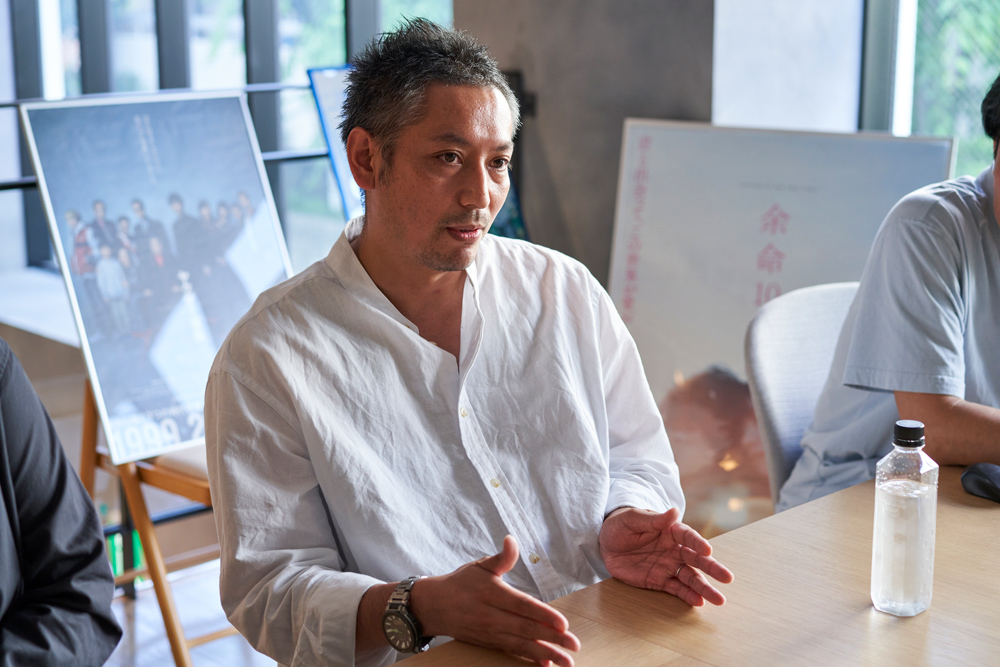![Producers gathering at the new BABEL LABEL, aiming for world standard planning and development [Director's Interview Vol.215]](https://cinemore.jp/images/b9a8f32226b5b14cdd885e60ab4b51f64f98497ed2f87981b1115cfed319fee2.jpg)
Producers gathering at the new BABEL LABEL, aiming for world standard planning and development [Director's Interview Vol.215]
What has changed since Netflix landed in Japan?
Q: I was impressed by the fact that the producers haven't been close to each other until now.
Michigami: Surprisingly not. Also, the sense of scale of just four people makes it very easy to voice your opinions. Thanks to everyone, the atmosphere is good and I feel it's a very healthy place.
Sezaki: Even when I was at ROBOT, we didn't really talk much. Everyone was working on their own projects, and we were basically acting like individual business owners. The current environment is very interesting in terms of manufacturing.
Q: Because you all have such diverse roots, I feel like what you have just said is a theme that relates to issues facing the entire Japanese film industry.
Goka: For example, when it comes to "aiming for the world," I think that up until now, it was hard to know how to get people all over the world to watch movies or dramas. In the midst of all this, Netflix landed in Japan in 2015. In fact, when we released " 1 Million Yen Women ," someone from Netflix told us something like, "It's being watched a lot in Thailand," and we started to see hope. More platforms mean more Being There. The era in which production and distribution was centered around TV stations and the three major film companies (Toho, Toei, and Shochiku) is changing. I can really feel that the market is expanding.
This is true not only for the film industry, but for any other industry. The domestic industrial structure is already very rigid, so it's only natural to think about aiming for overseas markets.

Sezaki: Things made in Japan can now be watched overseas, and the sense of distance has become much closer. Dramas made by commercial broadcasters are rarely broadcast overseas, and while there have long been people making movies for overseas audiences, the trend is to focus on domestic box office first. Even if a movie is released overseas, the main focus is on awards, and it doesn't necessarily mean that the movie is doing well at the domestic box office.
I think this is true for creators too, but for example, can you have a sense of "what will people around the world think when they see it?" I think it will change depending on whether you have that or not. When making movies that are run by Japanese box office, it was difficult to do that. But now that the overseas platform Netflix has come to Japan and we have the feeling that "we might be able to do it too," I feel that we need to change.
Fujii-san has had a strong awareness of this from the first time I met him. It was refreshing to hear him say that he wanted to work in Asia rather than just Japan, and I think that people of the generation younger than Fujii-san would be able to more easily accept creating things within that kind of system.
Making movies that delve into Japan's unique culture and values

